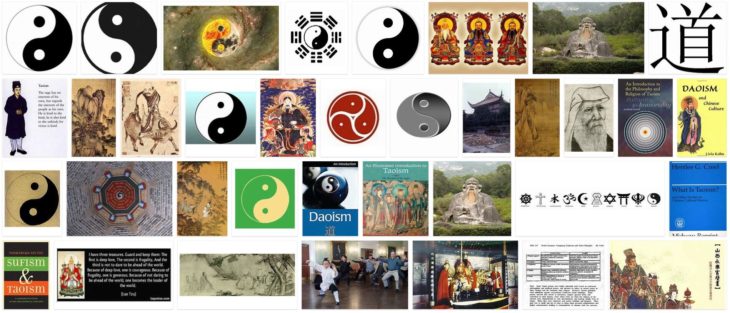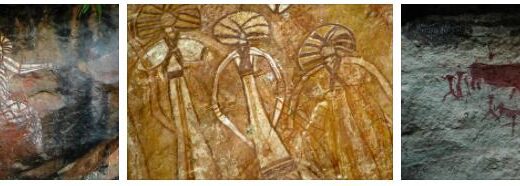Taoism
The Taoism is a philosophy of life and an ancient Chinese religion, in which the human being should live in harmony with nature, as part of it.
In this way, he believes that when we take nature as a reference in our lives, we achieve balance, or “Tao.”
Some Principles of Taoism are common to other religions: humility, generosity, nonviolence, simplicity. Others are attributes of the beliefs of the Chinese shamanist religion (five element theory, alchemy and ancestor worship) as well as the ideas and cultural practices of Buddhism.
It is worth remembering that Taoism was once the official Chinese religion, but was also severely repressed in the formation of the People’s Republic of China in the twentieth century.
In Taoism, “wu wei“, which means “not to act”, is highly valued, because in nature there are no unnecessary actions and all these actions are soft and flexible as well as efficient and harmonious, since they prefer subtlety over force.
Taoism also affirms the detachment of the material world and the annulment of desires, for as we fulfill one desire, another will arise in its place.
Moreover, Taoism can be considered anarchist if we take into account that it preaches political decentralization, as opposed to Confucianism, in which moral duties, social cohesion and governmental responsibilities are priorities.
The most important literary works in Taoism are Tao Te Ching, a book containing the teachings of Lao Tzu and Daozang, the Taoist canon with approximately 1500 texts compiled throughout the Chinese Middle Ages.
We can further divide the Taoist tradition into “Philosophical Taoism,” based on the canonical texts and “Religious Taoism,” the fruit of religious movements organized to institute Taoism as a religion, merging elements of traditional Chinese religion with aspects of Confucianism and Buddhism.
Religious Taoism would take place from the second century AD, when Chang Tao-ling founds the sect of the “way of the heavenly masters.”
From this comes the methods practiced to this day, such as eating specific foods and elixirs, breathing exercises, using talismans and practicing gymnastics and martial arts (Tai Chi Chuan).
As a practice for detachment from the material world, meditation would be a pathway to a deeper understanding of the relationships we have with the universe, in which all beings and things are interdependent.
Lao Tzu and Taoism
Lao Tzu is considered the founder of Taoism during the “Period of Warrior States” (between the 2nd and 5th centuries AD).
Lao Tzu, meaning “old master,” lived and worked in Luoyang as an archivist when he can devote himself to scripture study in his care.
He was a contemporary of Confucius, and was responsible for the production of Tao Te Ching, the basic reference of Taoism, composed of 81 poems.
Tao, the Ideogram
Tao means “path” and is symbolized by the ideogram Tao (a circle with two equal halves).
It is considered the supreme principle of Taoism and represents what will come, mutation and emptiness.
It is also a representation of the infinite, the transcendent and points to a life governed by the elements yin (feminine) and yang (masculine), which are complementary and inseparable forces.



